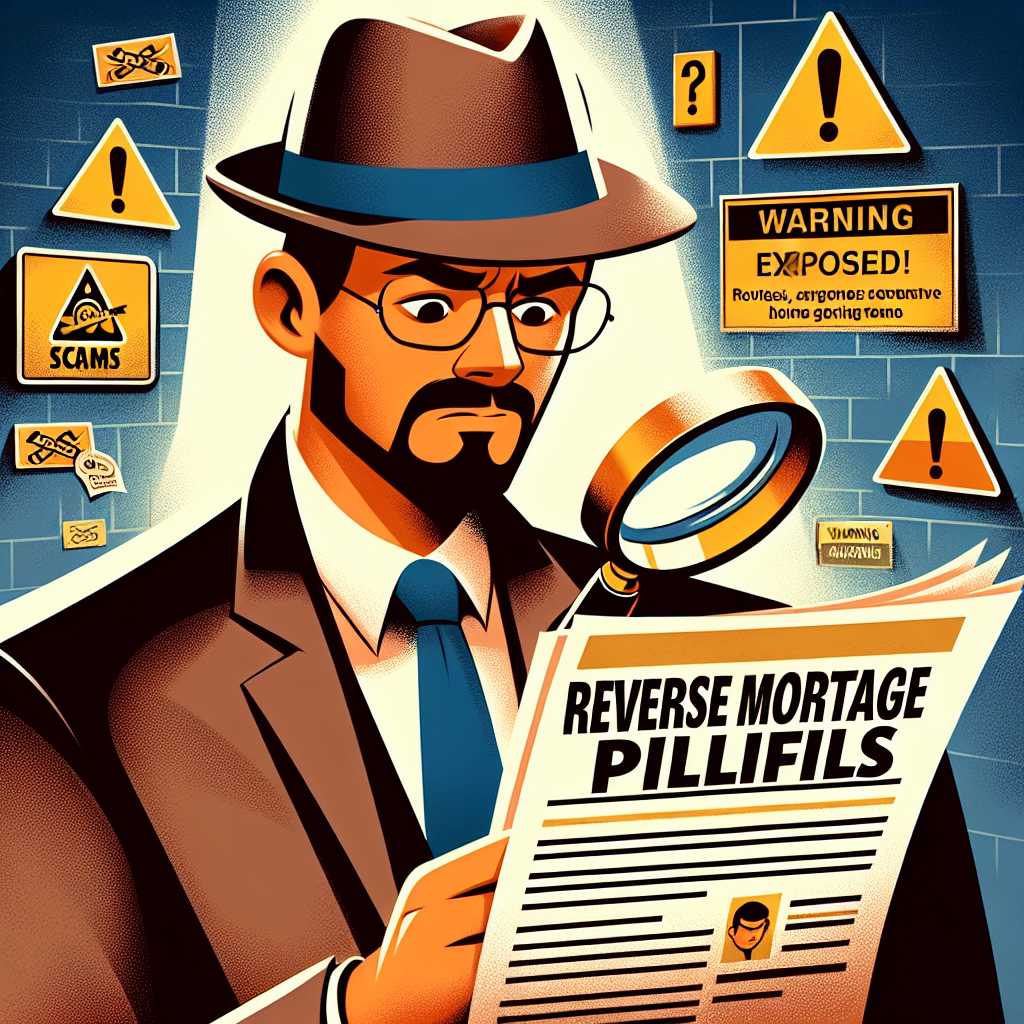Essential Insights
- While reverse mortgages themselves aren’t inherently deceptive, caution is paramount for those considering them.
- Fraudulent actors—including shady financial advisors and unscrupulous contractors—often exploit elderly homeowners by draining their home equity through reverse mortgage schemes.
- Be on alert for lenders promising “free cash” or failing to transparently break down how the loan operates.
For seniors sitting on substantial home equity, reverse mortgages can offer a handy way to turn that value into extra cash flow. Yet, sneaky operators sometimes prey on elders with deceptive pitches. Unlike a traditional mortgage where you borrow money and slowly chip away at the principal, a reverse mortgage flips the script: your lender pays you, based on a share of your property’s worth, either upfront, via monthly sums, through a revolving line of credit, or a combo of these methods. Instead of reducing debt, the amount you owe balloons over time and only becomes payable when you sell, vacate, or pass on.
The real danger with reverse mortgage fraud often isn’t the loan itself but the shady individuals facilitating it.
If suspicions arise that you’ve fallen prey to a reverse mortgage con, don’t hesitate to lodge a grievance with the Federal Trade Commission or your state’s financial regulatory body.
How Reverse Mortgages Operate
- Homeowners tap into their accumulated equity by borrowing against it. The most prevalent variant is the Home Equity Conversion Mortgage (HECM).
- Lenders might disburse funds as a lump sum, monthly installments for a defined timespan, a line of credit you can draw from as needed, or a mix thereof.
- You retain ownership title and can keep living in your home.
- No payments toward the mortgage are required until you move out or sell.
- Upon death, heirs have the option to sell the property to settle the outstanding reverse mortgage balance.
From Wikipedia: Over 90% of reverse mortgages in the U.S. are HECM loans insured by the Federal Housing Administration, designed primarily for homeowners aged 62 and older. The average loan amount released is about $150,000, depending on home value and borrower’s age.
Spotting Red Flags in Reverse Mortgage Offers
How can you tell if you’re facing a scam? Keep an eye out for these warning signs:
- Receiving cold-call or unsolicited offers.
- Being told you’re getting “free money.”
- Unclear or convoluted explanations about how the loan works.
- Claims that the lender is your only option or sole point of contact.
- Demands for upfront fees just to receive information.
- Promises that a reverse mortgage will fix all your financial woes.
- Pressure to purchase additional financial products.
- A pushy or aggressive sales approach.
- Receiving payments for a property you never bought.
Bottom line: If reverse mortgages weren’t on your radar before, be suspicious if anyone suddenly suggests it as a must-try solution.
Typical Reverse Mortgage Schemes
Because reverse mortgages can unlock quick cash, con artists might lure seniors with false promises or outright deceit, pocketing part or all of the proceeds taken from the home’s converted equity.
Below are classic scams to familiarize yourself with:
“Delay Your Social Security Benefits”
Mechanism: A “professional,” be it a lender, financial consultant, or self-styled expert, advises seniors to borrow via a reverse mortgage at 62, providing income now while postponing Social Security claims until age 70.
Why it backfires: According to the Social Security Administration, the costs associated with reverse mortgages—including closing fees and service charges—often exceed the financial gain from deferring Social Security. Plus, the homeowner risks eroding their home equity, limiting future financial freedom.
“Buy a Home with Zero Down”
How it’s spun: Beware of unsolicited pitches concerning specific properties. Scammers frequently team up with straw buyers to acquire distressed or abandoned homes, then persuade seniors to assume ownership without exchanging cash—an immediate red flag.
The catch: Usually, the scam involves “helping” the senior secure a lump-sum loan. The property might be superficially sound, but serious defects surface soon after moving in. By then, the scammer has disappeared with the funds.
“Get Free, No-Strings Income”
Pitch: Unscrupulous individuals promise an effortless, no-obligation income stream from reverse mortgages.
Reality check: There’s no such thing as free money here. Funds received add to your loan balance—repayable upon moving or death, often with fees attached. Your heirs will be on the hook to settle outstanding debts.
“Trust Us Because of Celebrity Endorsements”
Scenario: Some reverse mortgage firms employ famous spokespeople to boost trustworthiness.
Buyer beware: A well-known face does not guarantee a safe or suitable product. Always conduct independent research before committing.
“No Need to Include Your Spouse”
The hook: Scammers claim you can apply solo, sparing your partner from paperwork or meetings.
Why this is risky: If you pass away first, your surviving spouse might face the burden of repaying the loan or selling the home.
“Just Sign Here”
Trick: Fraudsters may ask you to sign forms with blank spaces, assuring you they’ll fill them in later.
Danger: Those blanks could be exploited to transfer your home title away or to commit other types of fraud.
“Use the Loan for Home Repairs”
How it’s sold: Some contractors or remodelers push reverse mortgages as a way to pay for work your house allegedly needs.
Better alternatives: Traditional home equity loans or lines of credit carry fewer risks and lower costs than reverse mortgages for renovations.
“Invest in This Golden Opportunity”
Scheme: Scammers push homeowners to funnel reverse mortgage proceeds into annuities, insurance, or stocks.
Why avoid: Such investments often aren’t suitable, especially when funds are needed for necessities like healthcare. Remember: Buying investment products is not a prerequisite for securing a reverse mortgage.
“You Won’t Lose Your Home”
False reassurance: Promises that reverse mortgages protect your home even when payments are strained.
Tips to Dodge Reverse Mortgage Frauds
Guard yourself against scams with these practical measures:
- First, consult your current mortgage provider or a trusted financial expert before diving into reverse mortgages.
- Engage a HUD-certified housing counselor to compare deals and clarify terms before signing anything.
- Investigate lenders on the Better Business Bureau website for any consumer complaints.
To recap: reverse mortgages might be an appealing financial tool for senior homeowners with ample equity, providing extra funds to supplement income. However, thorough due diligence is critical—spotting suspicious warning signs and assessing multiple offers will safeguard your interests. If doubts linger, seek advice from a reputable financial advisor or a HUD-certified counselor prior to making any commitments.


